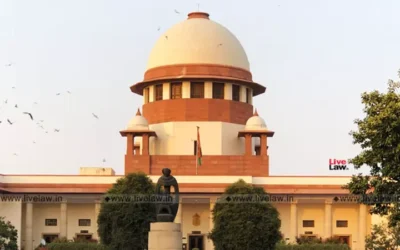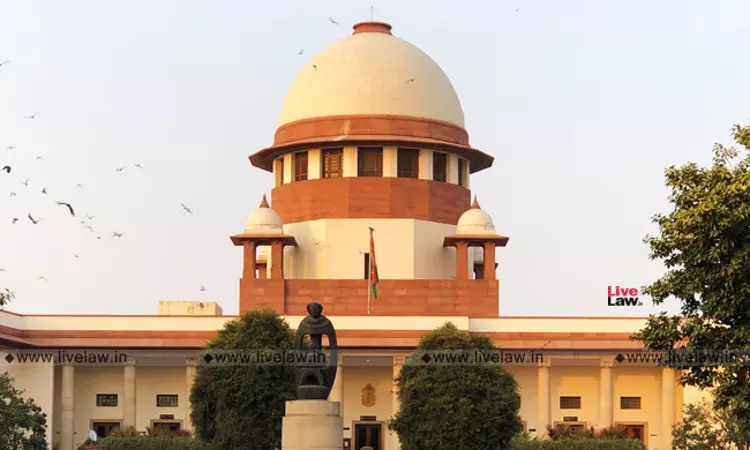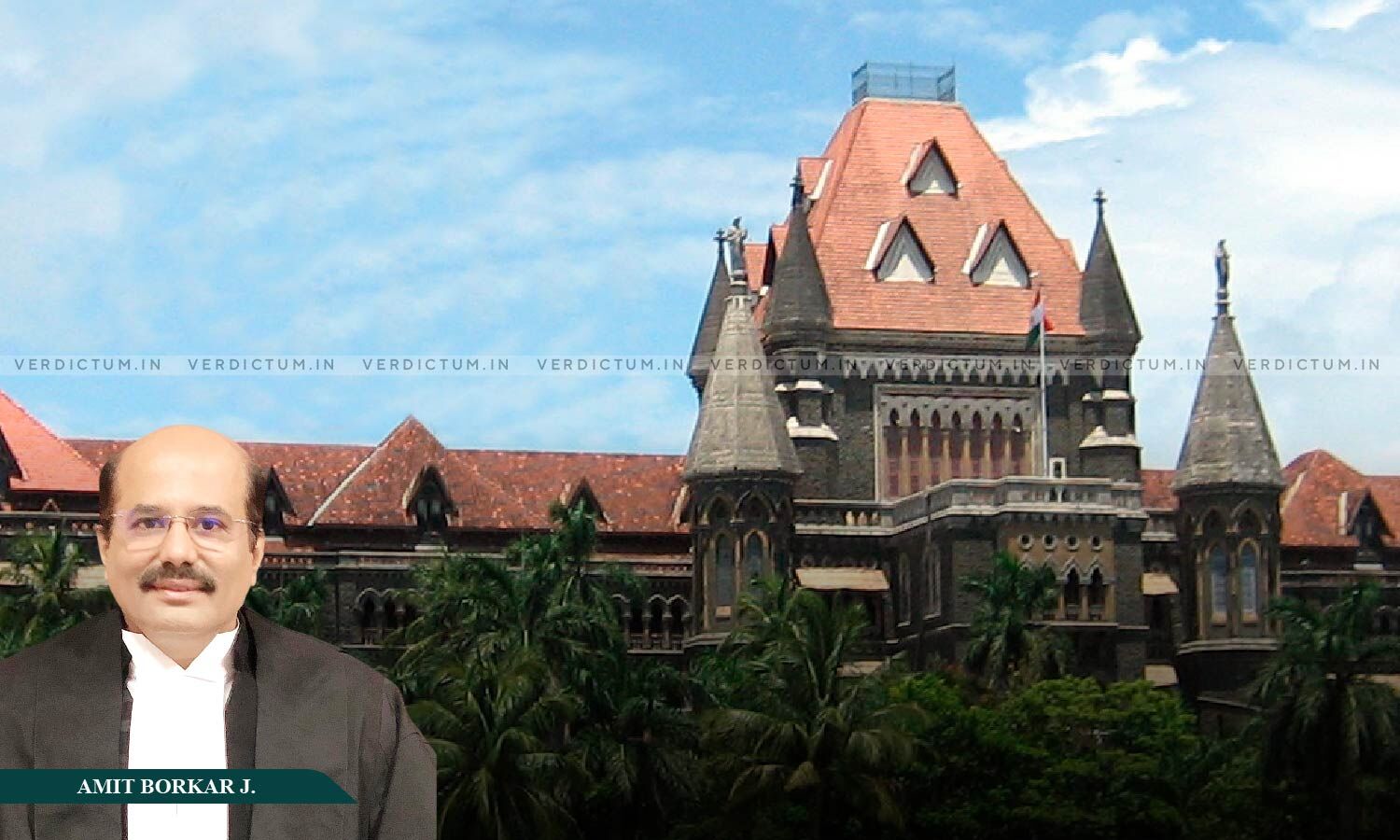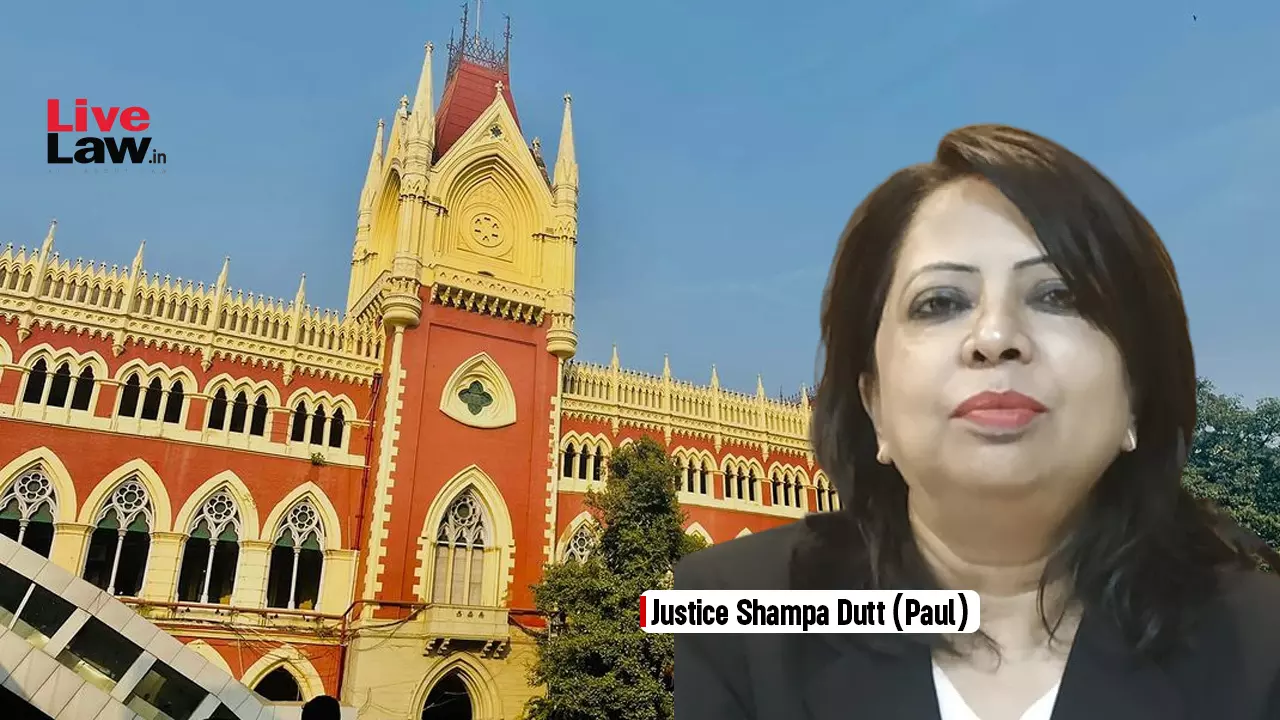Royalty Paid For Exclusive Trademark License Is Not Taxable As A Service: CESTAT
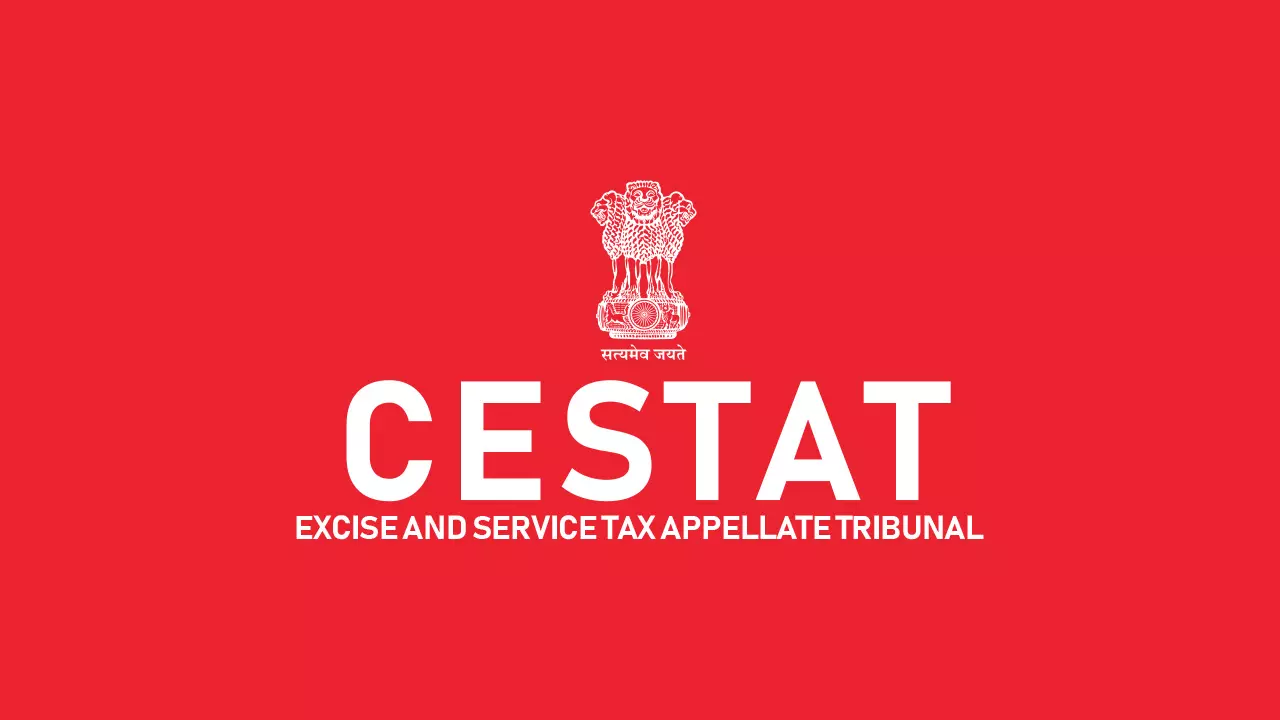
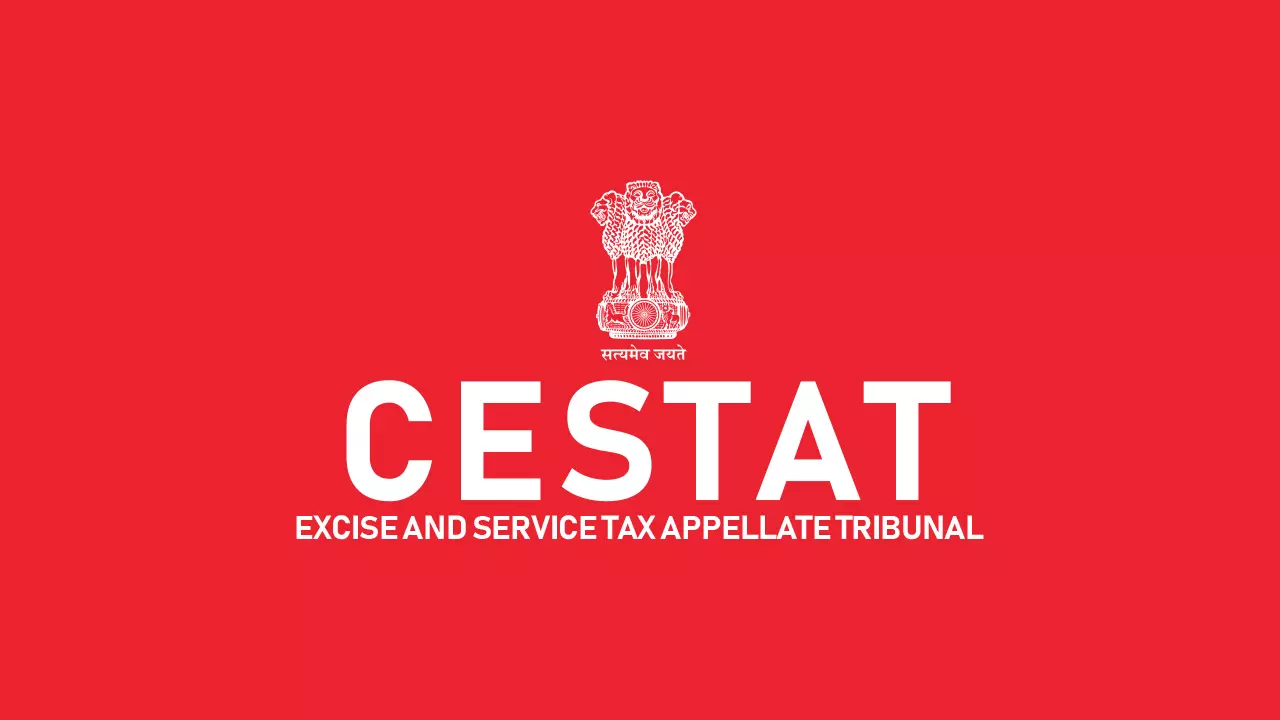
The New Delhi Bench of Customs, Excise, and Service Tax Appellate Tribunal (CESTAT) has stated that royalty paid for exclusive trademark license is not taxable as service.
The Bench of Dr. Rachna Gupta (Judicial Member) and P.V. Subba Rao (Technical Member) has observed that “the assessee was restrained to use the said trademark during the said period in any territory of the world and as such the transaction was a transaction of ‘Deemed Sale’ inviting no service tax liability. Hence, the amount paid by the assessee for which refund has been claimed was the amount not towards the duty but was an amount wrongly deposited by the assessee.”
In this case, the assessee/appellants were paying service tax under the said category towards grant of license to M/s. Bajaj Corp Limited, a wholly owned subsidiary of M/s. BCCL for use of its trademark on a non-exclusive basis in the defined territory (State of Andhra Pradesh) for a period of 10 years in terms of Trademarks License Agreement dated 12.03.2008.
The tenure of the license was increased from 25 years to 99 years and the license was granted on exclusive basis worldwide. However, M/s. BCCL still continue to pay service tax under the category of Intellectual Property Services.
Later when it was realized that the amount of royalty which is received by M/s. BCCL from M/s. BCL for grant of exclusive license to BCL that it shall not attract service tax in the new service tax regime w.e.f. 01.07.2012, it being ‘Deemed Sale’ within the meaning of Article 366 (29A) of the Constitution of India which is specifically excluded from the definition of term ‘service’ as per Section 65B(44) of Finance Act, 1994.
The assessee filed a refund claim for in respect of service tax paid on royalty received during the period 2013-14. While scrutinizing the said refund, it was observed that the agreement dated 24.02.2010 based whereupon the impugned refund claim was filed, grants license to use trademarks or goods and does not transfer the legal right of possession. Resultantly, the transfer of use of trademark in such circumstances cannot be termed as ‘Sale’ or ‘Deemed Sale’.
The assessee submitted that the assessee would not manufacture any product which were being manufactured by M/s. BCL under the said novation agreement dated 24.02.2010. Based on the exclusive nature of the modified agreement/novation agreement, the appellant carried a bona fide belief that the act amounts to transfer of right to use the trademarks which is as good as ‘Deemed Sale’ and hence do not qualify as rendition of services.
While rebutting the assessee’s submissions the department argued that the initial agreement between the assessee and M/s. BCL dated 12.03.2008 was a non-exclusive license to use certain trademarks and labels subject to the terms and conditions in the said agreement. Though the said principal agreement was modified initially extending the tenure of the agreement to 25 years from the date of the principal agreement.
The Tribunal observed that the term “transfer of right to use goods”, as got coined with the said 46th Amendment, is not defined in the Constitution nor it is defined in any other statute.
The bench held that the transaction arising out of novation agreement dated 24.02.2010, the parties to the said agreement agreed to enter into the transaction of ‘Deemed Sale’ as different from it being called as declared service as the transferee M/s. BCL was allowed to use IPR/goods to the exclusion of the transferor i.e. M/s. BCCL.
In view of the above, the Tribunal allowed the appeal.
Case Title: M/s. Bajaj Resources Limited v. Commissioner of Central Excise and CGST, Udaipur
Case Number: Service Tax Appeal No. 53227 of 2018
Counsel for Appellant/ Assessee: B.L. Narasimhan and Shagun Arora
Counsel for Respondent/ Department: Aejaz Ahmad

